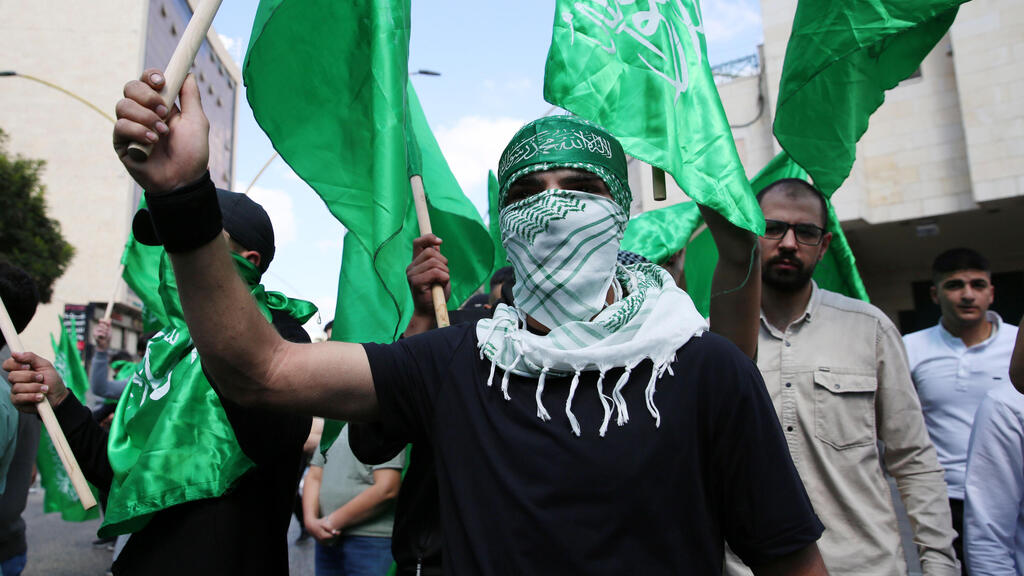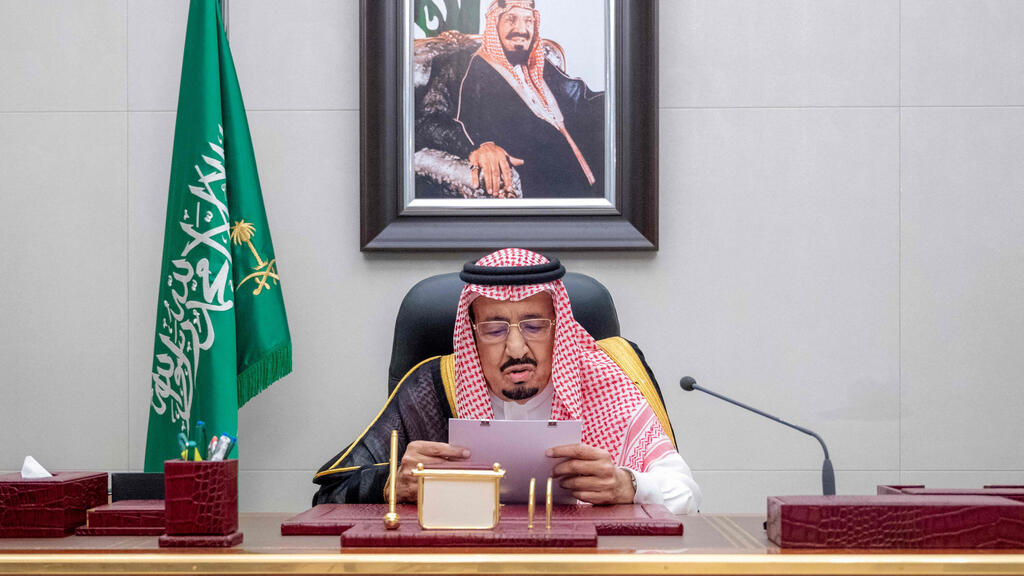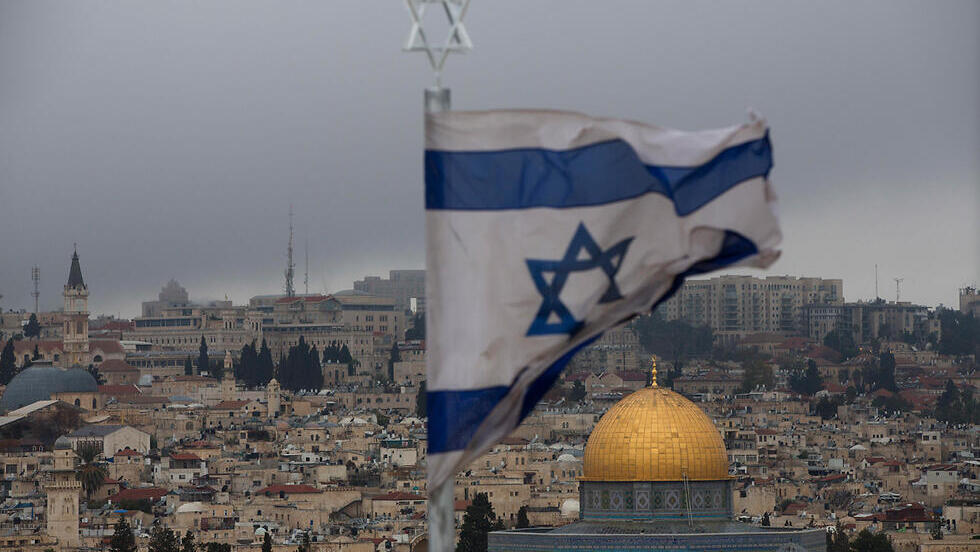Saudi Arabia on Wednesday released a senior official of the Hamas terror group after over three years in detention, and praised Australia's decision to reverse its recognition of Jerusalem as Israel's capital.
Ezzat El-Reshiq, a member of the Hamas political bureau, said in a statement the official, Mohammad Al-Khodary, 83, whom Saudi authorities detained in 2019 along with dozens of others, was on board a plane heading to Jordan.
3 View gallery


Palestinian demonstrators loyal to the Islamic movement of Hamas march during a protest in the West Bank city of Hebron
(Photo: EPA/ABED AL HASHLAMOUN)
"I spoke to him and he is in good spirit. He hopes and he prays that the rest of his detained brothers be freed," said Reshiq.
There was no immediate reply from Saudi officials on a request for comment.
Hamas was formed in the 1980s as an offshoot of the pan-Arab Muslim Brotherhood but has more recently stressed its basis as a Palestinian liberation movement, in part to defuse Egyptian enmity and draw support from wealthy Arab states.
Saudi Arabia, the United Arab Emirates and Egypt have cracked down against the Brotherhood, which they view as a threat to their systems of rule.
3 View gallery


Saudi King Salman bin Abdulaziz delivering a speech during the annual Shura Council meeting in Jeddah
(Photo: AFP)
The detentions and some trials before Saudi courts of Khodary, Hamas's former envoy to the Kingdom, and others, on ground of their support for Hamas, caused further tensions in relations between the two sides. Reshiq hoped Khodary's release could lead to some improvement.
"We highly appreciate the decision by the Kingdom of Saudi Arabia...We pray that the step is an introduction to opening a new chapter and seeing the release of the remaining prisoners," Reshiq added.
In the meantime, the Saudi Arabia Foreign Ministry released a statement earlier on Wednesday, praising Australia’s decision to reverse its recognition of Jerusalem as the Israeli capital despite fierce criticism by Israel.
“Saudi Arabia calls on the international community to increase efforts in search of a fair solution to the Palestinian issue, and establishment of a Palestinian state, with east Jerusalem as its capital, according to the Arab peace initiative,” the statement read.
It added: “Saudi Arabia will continue to support and stand by the Palestinian people.”


